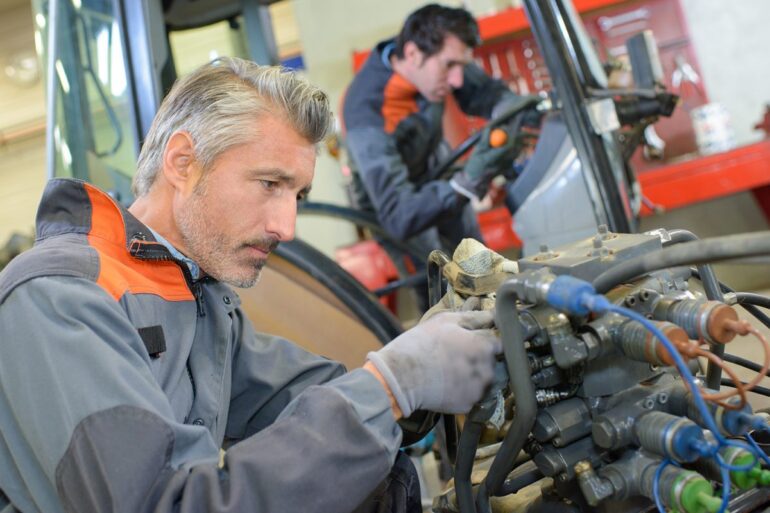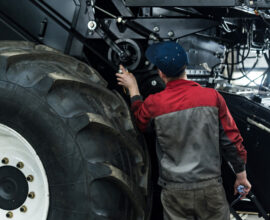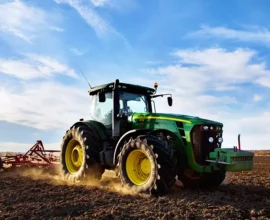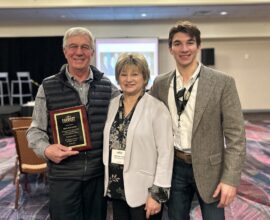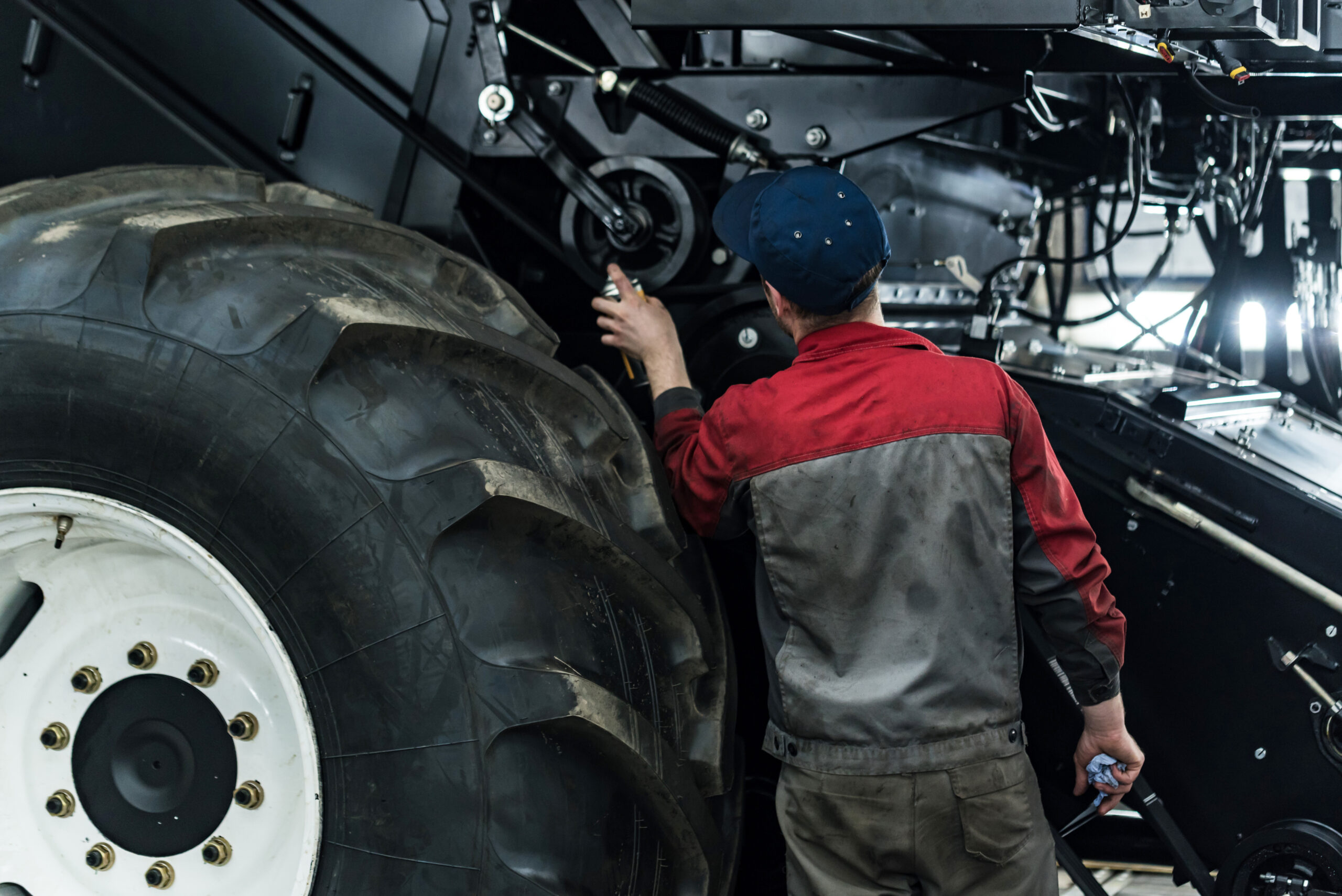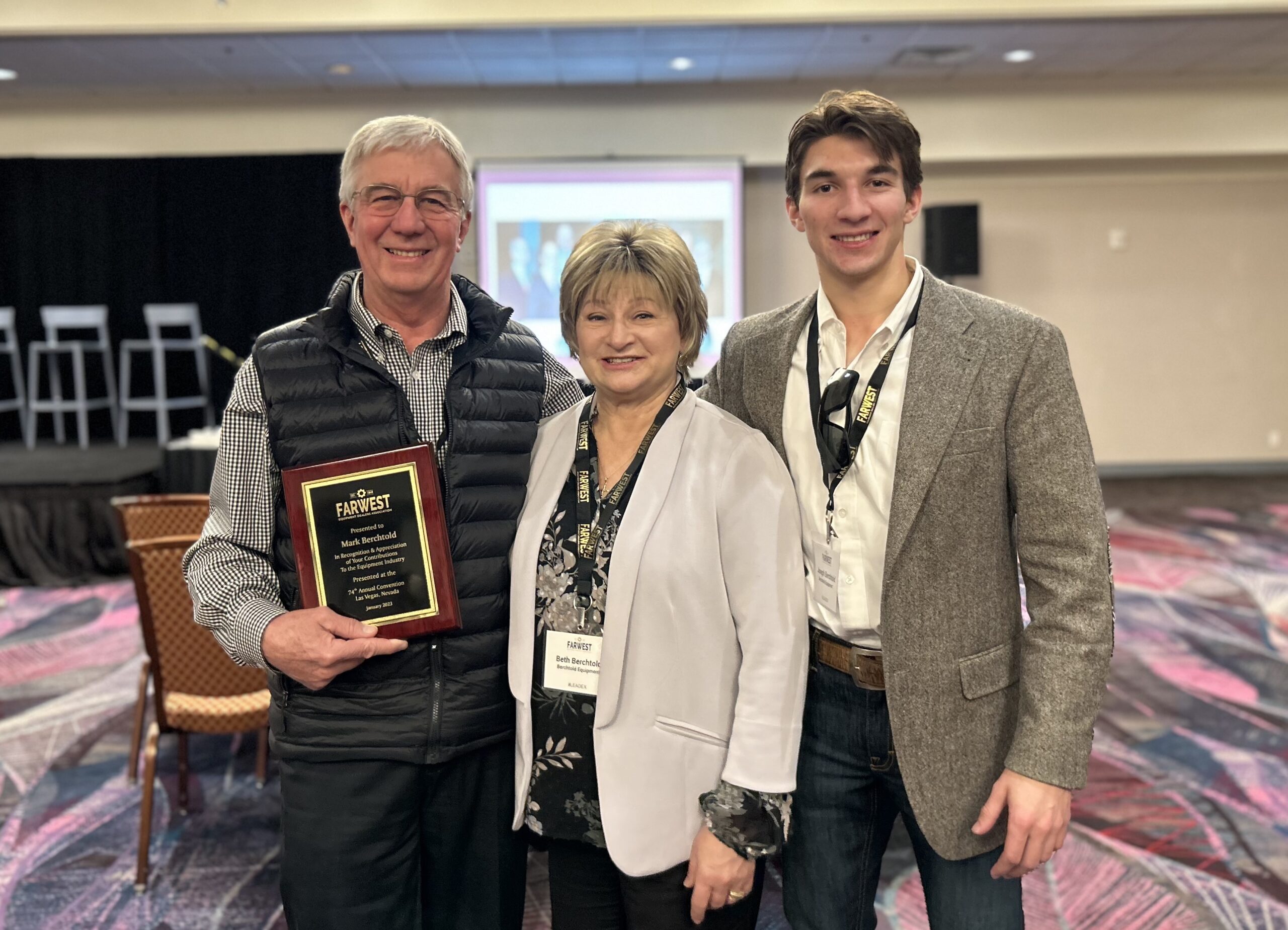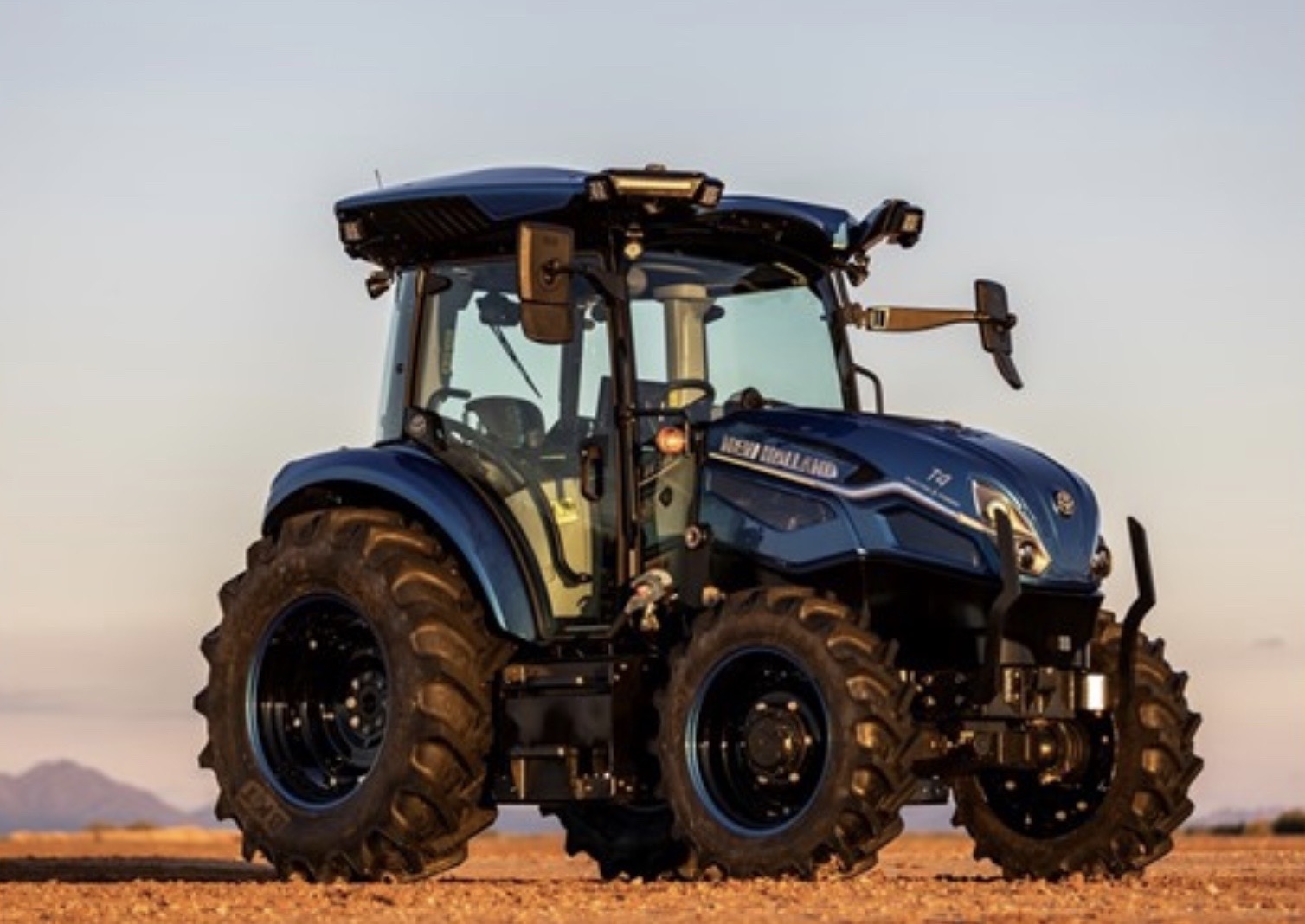By Joani Woelfel
From the outside looking in, people are often surprised how advanced technology dominates the equipment landscape. Notebook computers with complex software are now the tool of choice to diagnose and in some cases adjust, reset or make minor machinery repairs. More comprehensive diagnostics and repairs require authorized providers to service machinery in person.
The tradeoff from autonomy over one’s machinery to increased efficiency and productivity gave rise to “right-to-repair,” a grass-roots movement of unauthorized repair providers who want full and open access to embedded software code so they can manipulate machinery performance, safety features and emissions.
Nearly two dozen states in the past two years have considered right-to-repair legislation. So far, none has passed. While right-to-repair advocates claim it’s because corporate powerhouses quash these efforts, those on the ground know differently: a broadbrush approach to this issue is not the answer.
Proposed legislation to advance the right-to-repair agenda sweeps the equipment industry into potential regulatory compliance with unintended, negative consequences.
Far West Equipment Dealers Association, working with the Equipment Dealers Association and the Association of Equipment Manufacturers, educates lawmakers and consumers about these consequences.
Right-to-Repair vs. Right-to-Modify
The right-to-repair debate involves two similar but very distinct issues: access to diagnostic tools and repair information, and access to software code embedded in machinery or in a device.
Proposed legislation across several states aims for unlimited access to technology, software code and related tools to diagnose and repair expensive and sophisticated machinery by potentially unqualified and unskilled individuals.
Despite claims to the contrary, the equipment industry supports a customer’s right to repair machinery and demonstrates that commitment with a statement of principles authored by manufacturers and equipment dealers across the country:
“To the extent not already available, the maintenance, diagnostic and repair information listed below will be made available to end users through authorized agricultural dealers at fair and reasonable terms, beginning with tractors and combines put into service on or after January 1, 2021. End users will also be able to purchase or lease diagnostic tools through authorized agricultural dealers. Certain information and tools may be available earlier.”
Agricultural dealers are committed to provide access to:
- Manuals (Operator, Parts, Service)
- Product Guides
- Product Service Demonstrations, Training, Seminars or Clinics
- Fleet Management Information
- On-Board Diagnostics via diagnostics port or wireless interface
- Electronic Field Diagnostic Service Tools and training on how to use them
- Other publications with information on service, parts, operation and safety
Proponents of right-to-repair laws assert that manufacturers and authorized repair providers deny access to these resources, many of which are already available. The 2021 date offers an opportunity for all manufacturers to catch up with making these tools and technology available to consumers. “They want access right now,” said John Hornecker, of Stotz Equipment in Casper, Wyo. “This is not cheap or quick technology to develop.”
Wyoming equipment dealers invited the state’s right-to-repair bill sponsor Rep. Hans Hunt and other legislators to 4Rivers Equipment in Cheyenne this past February to demonstrate ways customers can access, diagnose and repair their own equipment. Hunt also took time to speak to shop techs during his visit. John Deere dealers 21st Century Equipment, 4Rivers Equipment and Stotz Equipment, New Holland dealer Brown Co. of Casper, and Cheyenne Kubota attended the demo.
“What impressed Hunt more than anything was finding out the 20 or so jobs in the dealership’s repair shop could be done by an owner,” said Owen Palm, president and CEO of 21st Century Equipment.
“These owners can do the repairs, they just choose to have us do it,” said 4Rivers’ Chris Miller, whose dealership hosted the demo. Palm said Hunt acknowledged the demonstration and discussion with dealers highlighted the flaws in his bill. The following day the Wyoming House of Representatives voted 12-48 to indefinitely postpone the measure.
Right-to-repair advocates insist that equipment owners should be able to modify machinery performance, safety and emissions, despite threats to state and federal air quality and safety standards, and the liability it creates for the equipment industry. In a Sept. 19 opinion piece for Wired magazine, Kyle Wiens, co-founder and CEO of iFixit, decried restrictions on resetting immobilizer systems; reprogramming electronic control units or engine control modules; changing equipment or engine settings that might negatively affect emissions or safety; and downloading or accessing the source code of any proprietary embedded software. “These restrictions are enormous,” Wiens said. Wiens and others derided the California Farm Bureau Federation for entering into an agreement with Far West Equipment Dealers Association memorializing a commitment to customers to work together and avoid passing a law in that state.
“Reliable farm equipment is crucial to the success of any farming operation, and farmers have long depended on their ability to make repairs quickly in order to keep their equipment running during harvest and other key times,” CFBF President Jamie Johansson said. “This agreement gives farmers the information they need to do just that, even as equipment has become increasingly complex.”
The right-to-repair agenda contradicts the ideals it claims to champion: quality jobs and the environment. Manufacturers and dealers devote significant resources to innovation and workforce training to equip their customers in getting the most from machinery and technology. Qualified technicians employed by dealerships invest many years in training and developing their skillset to keep pace with the growing demands of intricate technology and safety features in today’s modern equipment industry. In addition to ensuring the safety and integrity of the machinery dealers sell and service, this specialized workforce improves the economic circumstances for individuals and their families, and significantly enhances the well-being of the communities in which they work and live.
Legislation like the California proposal is backed by environmental advocates yet the effect of any measure to modify embedded software permits altering equipment emissions and performance outside the standards governed by the EPA and federal law. Upcoming articles in this series will address the impacts of these modifications and the financial and legal consequences to customers.

Joani Woelfel is president and CEO of Far West Equipment Dealers Association, a nonprofit trade group representing agricultural, industrial, material handling, hardware, lumber, outdoor power and rental equipment dealers in Arizona, California, Colorado, Hawaii, Nevada, Utah and Wyoming. This comprises nearly 300 equipment dealerships across seven states whose contributions serve to enhance a healthy economy.

